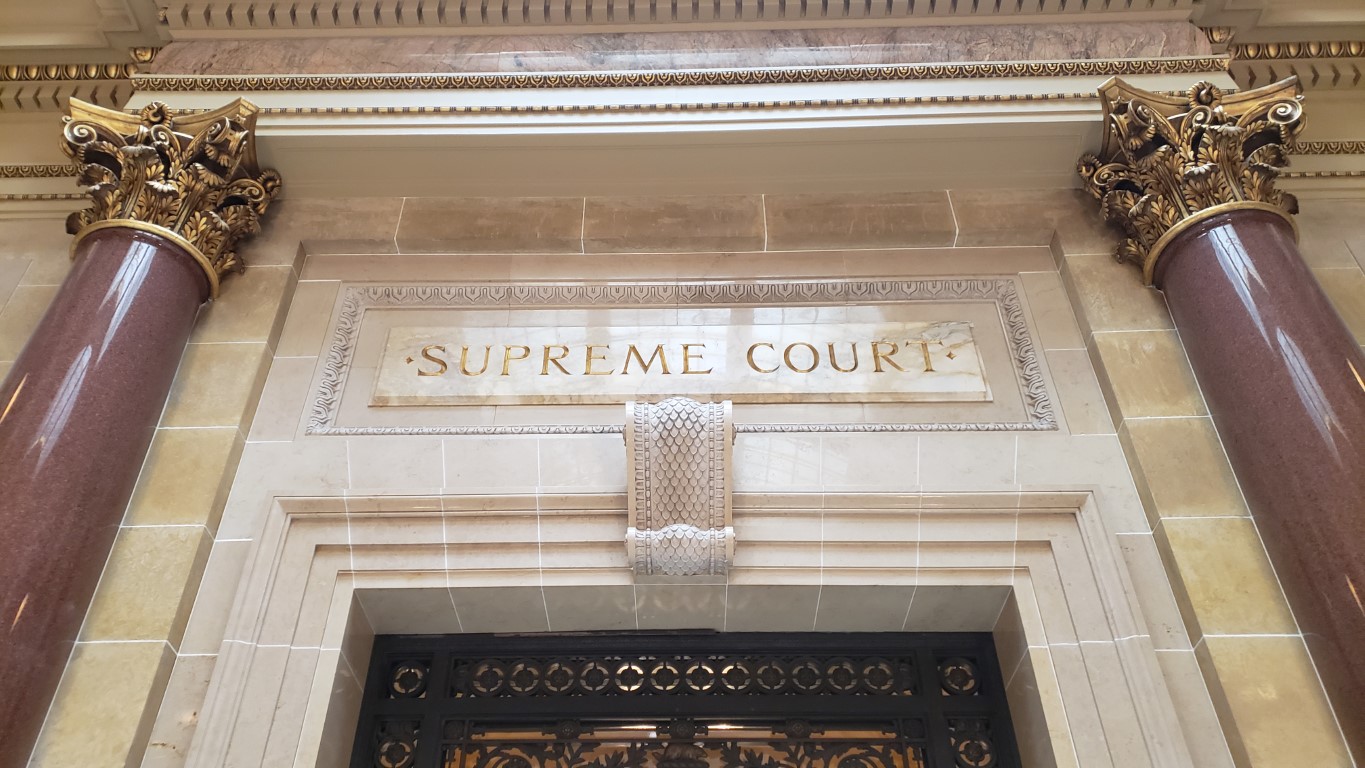With the April 6 election looming, a Waukesha businessman has asked the state Supreme Court to bar local clerks from filling in missing information on absentee ballot envelopes.
But filing deadlines the justices issued make it unlikely the court will rule in time to have an impact on spring races.
Jere Fabick, a GOP donor who has filed several actions with the high court on pandemic issues, also w...
Please log in to access subscriber content.
If you don't have a subscription, please contact schmies@wispolitics.com for subscription options on the WisPolitics-State Affairs platform, which is the new home for WisPolitics subscriber products.


